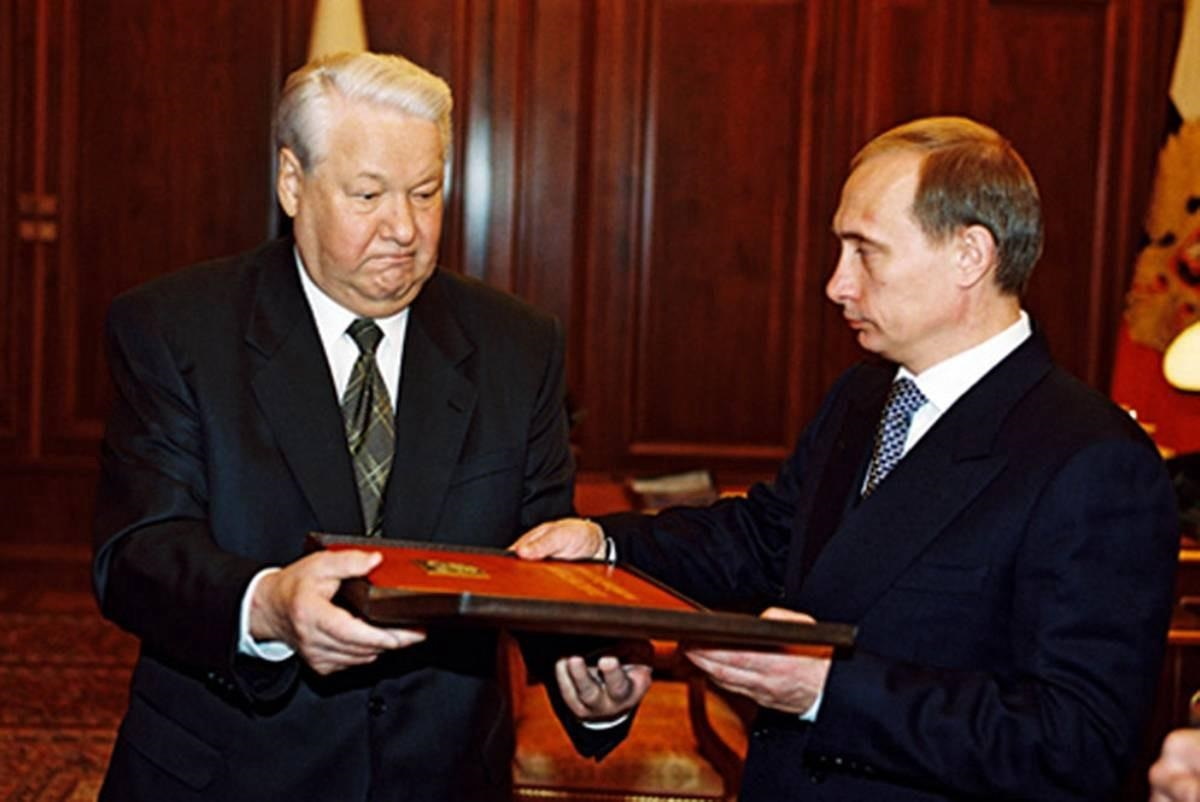North Korea’s decision to revive a 1961 alliance treaty with Russia during President Vladimir Putin’s visit in June is probably the country’s most remarkable diplomatic feat since North Korean Chairman Kim Jong-un launched his charm offensive in 2018. Pyongyang and Moscow scrapped their 2000 Treaty of Friendship and Good Neighbourly Cooperation and replaced it with a Treaty on Comprehensive Strategic Partnership. Under the new agreement, both countries pledge to “provide military and other assistance with all means in its possession without delay” if any of the two is faced with armed aggression. There were signs that such an alliance was in the making. During Kim’s visit to Russia last September, North Korea’s state media agency described Russia–North Korea ties as based on “militant unity” – communist jargon often reserved for military allies.
It is worth recalling that Russia’s ties with North Korea and Vietnam were strikingly similar until June.
Putin’s visit to Vietnam last month did not receive as much fanfare. Vietnam and Russia celebrated the 30th anniversary of the 1994 Treaty on the Basic Principles of the Vietnam–Russia Relationship instead of inking a new alliance treaty like North Korea and Russia. During the visit, Vietnam’s state media described Vietnam–Russia relations as inheriting the “special friendship” of the past, based on “trust, sustainable cooperation, and mutual respect”. However, there was no mention of “militant unity”. The two countries only pledged not to join any other alliances that may harm one another’s interests – not to join a bilateral alliance to advance their mutual interests.
Why is there such a stark difference between Russia’s approach on these two countries?
It is worth recalling that Russia’s ties with North Korea and Vietnam were strikingly similar until June. During the Cold War, Moscow inked two treaties; one with North Korea (the 1961 Treaty of Friendship, Cooperation and Mutual Assistance) and another with Vietnam (the 1978 Treaty of Friendship and Cooperation). After the Soviet Union collapsed in 1991, Russia had to deal with the headache of the two treaties. Russia’s pro-democratisation president Boris Yeltsin did not want to involve the country in the business of its former communist allies, especially with Moscow now focused on Europe and potentially the eastward expansion of the North Atlantic Treaty Organisation. Yeltsin thus made “de-ideologisation” a key tenet of Russia’s foreign policy.

Vietnam and North Korea were equally distrustful of the democratising Russian government. Both countries supported the military coup led by Soviet communist hardliners in August 1991. After the Soviet collapse, Vietnam saw little ideological affinity with the new Russian government, especially its anti-communist characteristics. In 1994, Vietnam signed a new agreement with Russia to replace the 1978 treaty even though it was still valid until 2003, erasing all references to proletarian internationalism and Marxism–Leninism. The new treaty is essentially downgraded from an alliance treaty to a non-aggression pact.
Pyongyang dragged its feet over the renegotiation of the 1961 treaty to avoid having to deal with the Yeltsin government. Meanwhile, it continued supporting Russian Communists and criticising Yeltsin in the run-up to the 1996 Russian presidential election. After Yeltsin emerged victorious in July, North Korea decided to postpone renegotiation past the treaty’s September 1996 expiration date, effectively killing it. North Korea and Russia only signed the 2000 treaty in February, five months before Yeltsin’s successor Vladimir Putin visited Pyongyang for the first time in his presidency. Like the 1994 Vietnam–Russia treaty, the new North Korea–Russia treaty did not make any references to socialist internationalism or Marxism–Leninism. North Korea and Russia also downgraded the alliance treaty to a non-aggression pact.
By forging an alliance with Russia, North Korea now has both Russia and China as security backers.
North Korea’s decision to revive the 1961 alliance treaty, in contrast to Vietnam’s affirmation of the non-aggression pact with Russia, illustrates the different trajectories of the two countries’ foreign policies despite them both being small powers run by communist governments. Vietnam does not support the polarisation of the Indo-Pacific, and it has sought to expand its freedom of interests by forging as many comprehensive strategic partnerships as possible with major powers, including the United States, China and Russia. Learning from the painful lessons of Soviet abandonment in the 1990s, Vietnam’s contemporary logic is that it cannot be abandoned by a major power if it is not allied with any major powers in the first place, and Vietnam’s network of partnerships will insure it against isolation if China decides to coerce it militarily or diplomatically.
On the other hand, North Korea increases its freedom of action by committing to regional polarisation. By forging an alliance with Russia, North Korea now has both Russia and China as security backers. The Soviet collapse significantly deprived North Korea of any leeway in its relations with China. Kim Jong-un wants to play Russia and China off against each other like his grandfather Kim Il-sung did during the Sino–Soviet split. China remains cautious of supporting North Korea’s nuclear weapons ambitions, while Russia does not. Beijing also does not want instability in its backyard and appears to be more willing to engage South Korea than North Korea is. For North Korea, having Russia as a security and technology provider helps it advance its nuclear and missile programs while incurring the least of China’s wrath.
Of course, for both North Korea and Vietnam, China is and will remain their most important partner, no matter how many other partners they have. But understanding how Pyongyang and Hanoi expand their freedom of action under China’s shadow demonstrates to other small powers that there are many ways to advance one’s own interests, even against the backdrop of growing regional rivalry.

